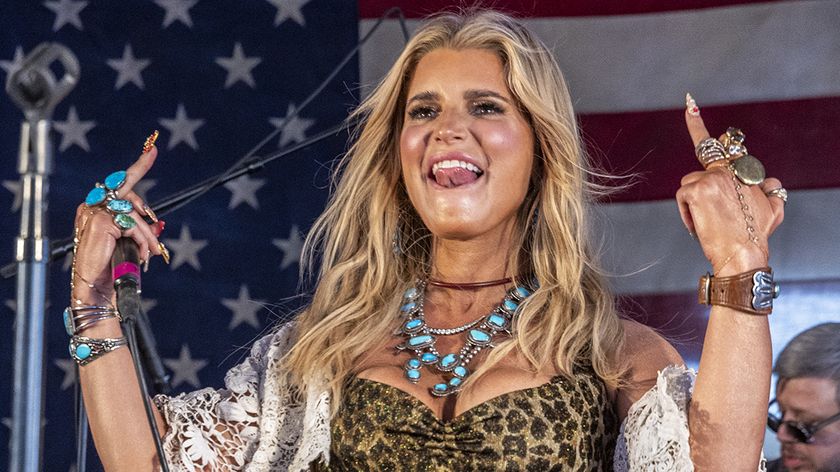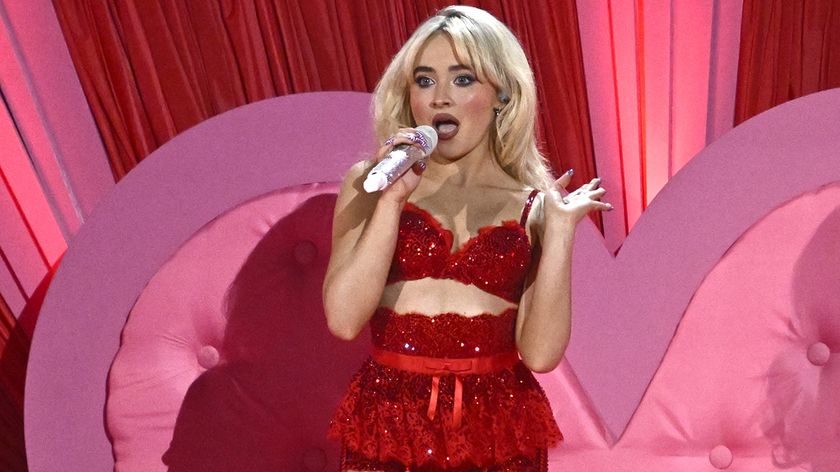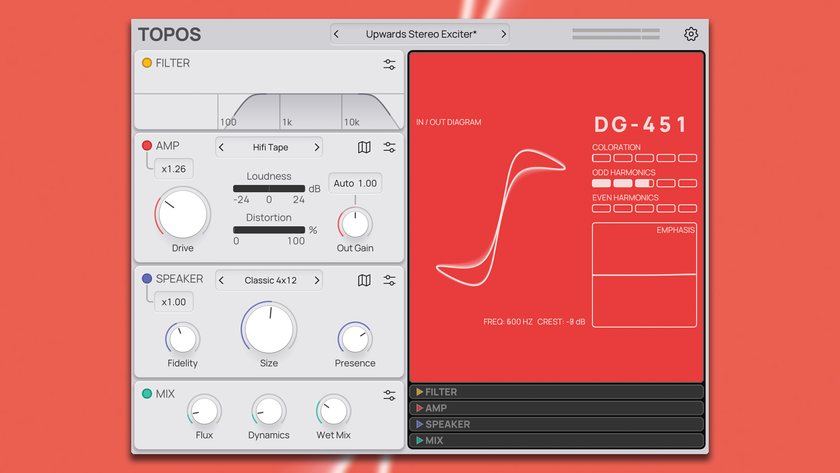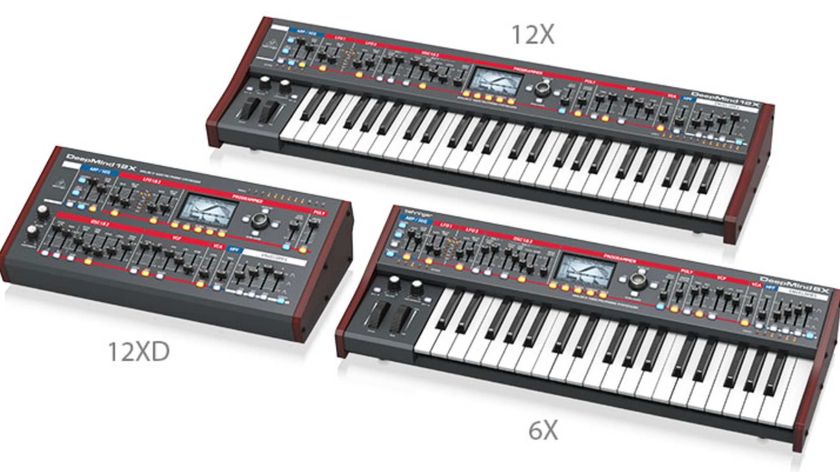Mayday Parade's Jeremy Lenzo: “I don’t care about being the best bass player; I just want to write the best songs”
The US bassist talks songwriting and working with six-strings
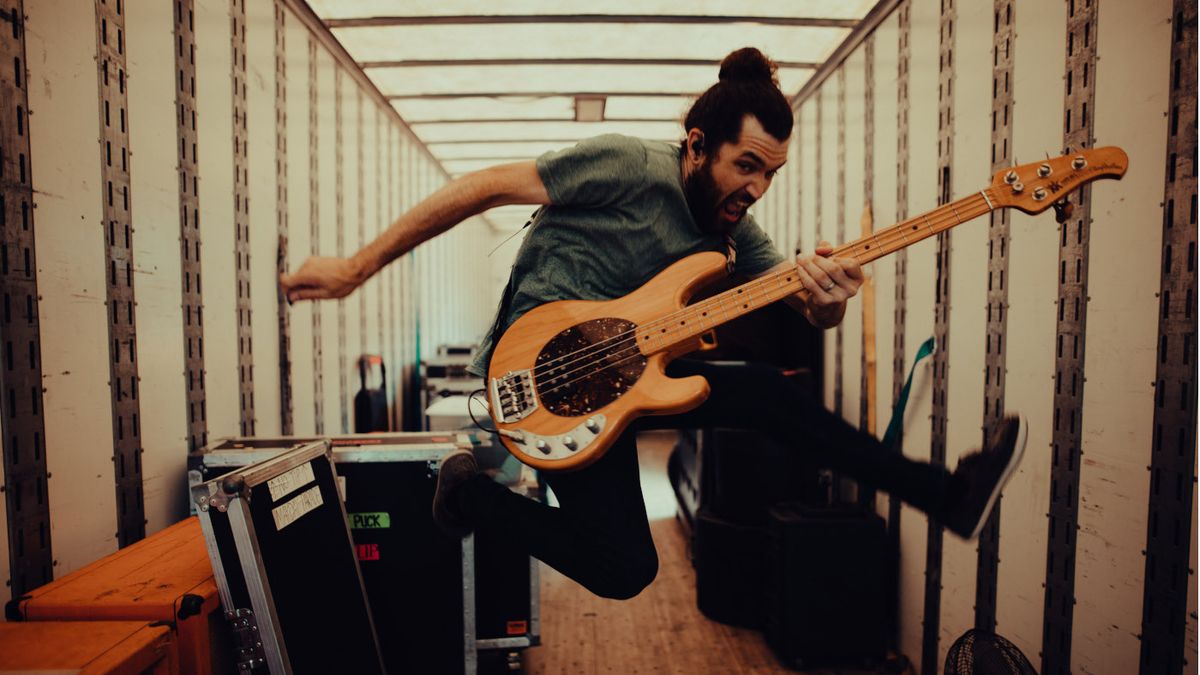
“My father is a pastor at a church in the little town where I grew up,” reflects Jeremy Lenzo, asked about how he first started playing bass.
“He bought me a bass with the intentions of having me play with him at church. I can’t remember what the very first song I learned on bass was, but I’m sure it was one of the church songs. I remember thinking that it wasn’t what I wanted to be playing, ha ha! I wanted to play loud and fast, and you can’t do that in a church, at least not the small-town, country ones.”
When I write, I find the guitar is usually the first instrument I pick up, at least to build the structure
Lenzo is a founding member of Mayday Parade, the Tallahassee, Florida-born rock band that was formed in 2005 when two local high school bands, Kid Named Chicago and Lenzo’s prior outfit, Defining Moment, merged.
He says the influences that made him want to “play loud and fast” were mostly other bands in their subgenre of rock - bands such as Saves The Day, Brand New and Taking Back Sunday.
“We also listened to a lot of '90s rock, like the Smashing Pumpkins, Stone Temple Pilots and Silverchair,” he remembers. “In some way, it all had an impact on the music we write now.”
Of course, the music they write is why, today, Mayday Parade has a 13-year, six- album career under its belt. They’ve sold more than a million albums and produced 60 videos that have each been viewed over a million times on YouTube. They released their sixth album, Sunnyland, last year and continue to be a popular and prolific touring act.
As a bassist, Lenzo is a song-first player. He doesn’t seem even remotely seduced by bass pyrotechnics. As he explains, “I look at the song and determine what the guitars are doing and what type of song it is. Do I need to lay back and groove with the drums, or is there room to dance around?”
Get the MusicRadar Newsletter
Want all the hottest music and gear news, reviews, deals, features and more, direct to your inbox? Sign up here.
On Sunnyland, Lenzo keeps his pick-driven basslines firmly entrenched with the kick and snare, keeping the grooves pumping and the listener’s attention on the overall song, which is just the way he likes it.
We caught up with him just as Mayday Parade was about to kick off a massive fall and winter tour in the US in support of the new album.
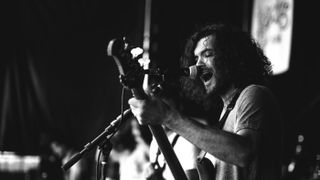
Work flow
Do you write songs on bass, Jeremy?
“When I write, I find the guitar is usually the first instrument I pick up, at least to build the structure. Once I have the structure of the song, I switch over to bass to find something that flows with it. I have a hard time writing drums, so normally whatever I come up with, our drummer will change, then I re-work the bass-line to groove with the new beat.”
How do your bass-lines develop throughout the recording process?
We changed the tone for every track to fit the feeling of the song, so there weren’t any settings that were permanent
“Whatever I demo will end up being different once our drummer sits down with it. That means anything I write on bass will change to fit the new beat. Once we get into pre-production with the producers, they may have the drummer change the beat to something different, which I then need to accommodate. I never solidify any ideas I have for a song until I’m sitting in the studio actually recording it.”
How did you go about crafting your tone on Sunnyland?
“We used a mix of both a mic-ed amp and DI when recording. I think we were using an Ampeg SVT Classic for the amp, and a Sansamp for the DI. We changed the tone for every track to fit the feeling of the song, so there weren’t any settings that were permanent. I personally like that better then sticking with one tone for the whole album; some songs need a lot less grit then others.”
Does your tonal approach differ live from your approach in the studio?
“My approach live is to stick with one setting and play to the crowd. We try to have an energetic set, so there’s a lot of running around, and once you step on stage you can’t really be messing around trying to change amp settings every song.”
Do you consciously work on the craft of bass playing?
“Most of my practice comes from touring and demoing at home. I have a lot of instruments at home that I demo with, so I’m always trying to learn something new. The phrase ‘jack of all trades, master of none’ describes me pretty accurately. I don’t mind that, though - I don’t care about being the best bass player; I just want to write the best songs.”
Gear box
- Basses: Ernie Ball Music Man StingRay, Ernie Ball 2831 Power Slinky Roundwound strings
- Amps: Tech 21 SansAmp RBI, Tech 21 SansAmp Bass Driver DI, Crown XLS 1501 head, Ampeg SVT 810E cab


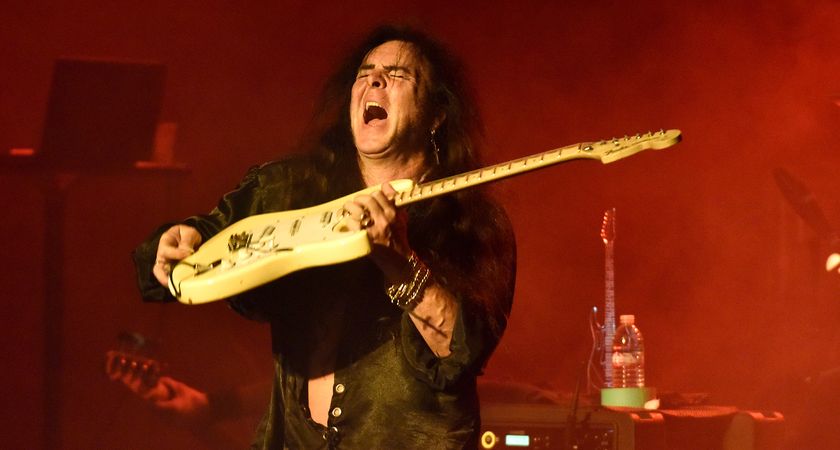
“Those arpeggios... That was the sickest thing I ever heard”: Yngwie Malmsteen on why guitarists should take inspiration from players of other instruments if they want to develop their own style
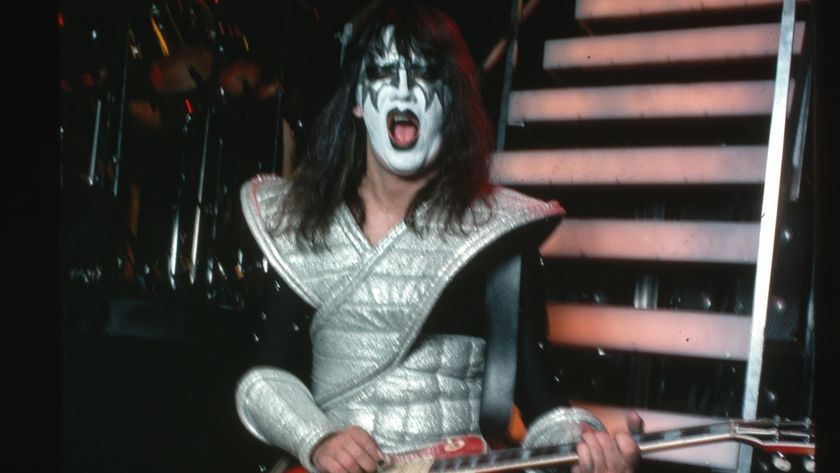
“I used a flange on the main riff and a wah-wah on the solo. I just said, ‘Hit the record button and I’ll let it rip!’”: Kiss legend Ace Frehley on his greatest cult classic song

